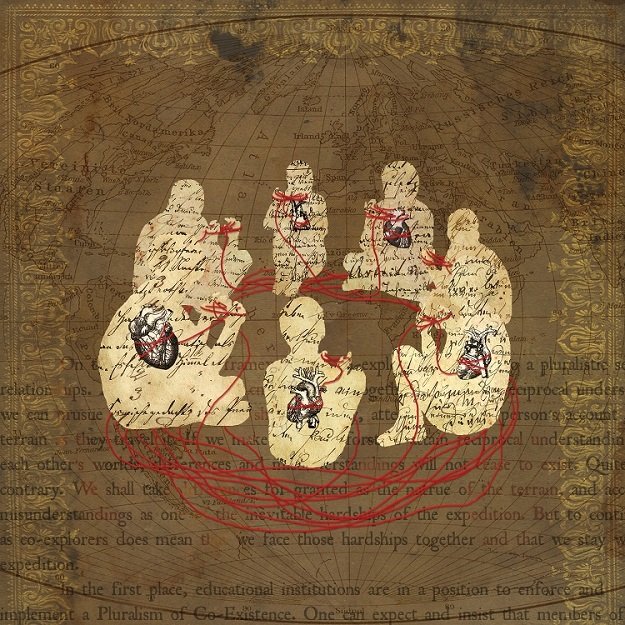Ethical cathegories are the most abusive concepts of moral theory. This means that their abstraction is a superior type of abstraction that applies to moral theory. It not only generalizes and expresses experience but creates, draws out abstract concepts that serve to predict behavior, principles and ideas. In this sense, ethical categories are a type of advance knowledge of the future of moral tendencies as a practice, such as everyday life, like communication. Therefore, ethical categories have a prognostic function. By using, comparing, analyzing, referencing the concepts and categories of other forms of social knowledge, one can perceive how to solve today's conflicts, to criticize the present from the perspective of the future, to foresee tomorrow's day on the label.
Possible ethical predictions that can be made on the basis of moral experience and the use of ethical categories are, of course, uncertain and non-durable. Ethical categories are abstracted and are being built up more often and most often on the possibilities and probable connections between people. Adding mainly to the spiritual character of moral and non-authority functions will make things even more complicated. Through their abstractness and generality of moral experience and theory, ethical categories express the normative ties to each other. For example, morality means, above all, a major relationship and interaction between good and evil. Opposition and the conflict between good and evil is the core of moral regulation and orientation. Without good and evil we can not imagine ethics. For example, the French psychologist and philosopher of the 19th century, G. Piague, defines ethics as science and knowledge of good and evil. English philosopher and ethician H. Spencer also defines ethics as a study of good and evil, manifested in the customs, traditions and customs of different peoples. The discovery of the law of moral development, a basic cognitive attitude, defining the very specificity of ethics as science and knowledge, is impossible without the ethical categories. Thus, ethical categories are the hidden prerequisites of ethical knowledge and, at the same time, the understanding of that knowledge.
Social Ethics as an Institutional Ethics
Concept, problems and main areas of manifestation of social ethics. Social ethics is a type of applied ethics, but in the broad sense of the word that has evolved in industrially developed countries with a socially oriented economy. In this case, we will use the well-established understanding of social ethics as a teaching about the social goals and values of modern society, or the normative reasoning of group, institutional and corporate relations. It encompasses a number of narrower professional ethical areas, such as political ethics, business ethics, business ethics, ethics of social work, to which we will go further. In this case we will look for the place, the role of social ethics for the actions of social institutes in the realization of interpersonal communication, as well as its role as a main integrating force in the society subjected to significant disintegration, social stratification and atomisation. Social ethics aims at revealing the ethical and humanistic dimensions of social institutes and the state in particular, as well as helping to find and create practical mechanisms and practices to realize justice and humanism in social relations.
Every social institute, even the state can help people, but it can hurt them. In this sense, a large amount of social evil such as theft, waste, corruption, poverty, environmental pollution, terrorism, family breakdown, etc. depend on the social system, on the social order and have the character of "structural evil". The main concepts of social ethics are the social institute, structural evil, social justice, social responsibility.

OH, GOOD WORK, This post is very helpful i hope all "Steemers" Benefits ;)
It's a fascinating subject. I would like to know more.
Very interesting, among the ethical categories comes good, evil, dignity, happiness, the meaning of life, among others, these manifestations are important in life.